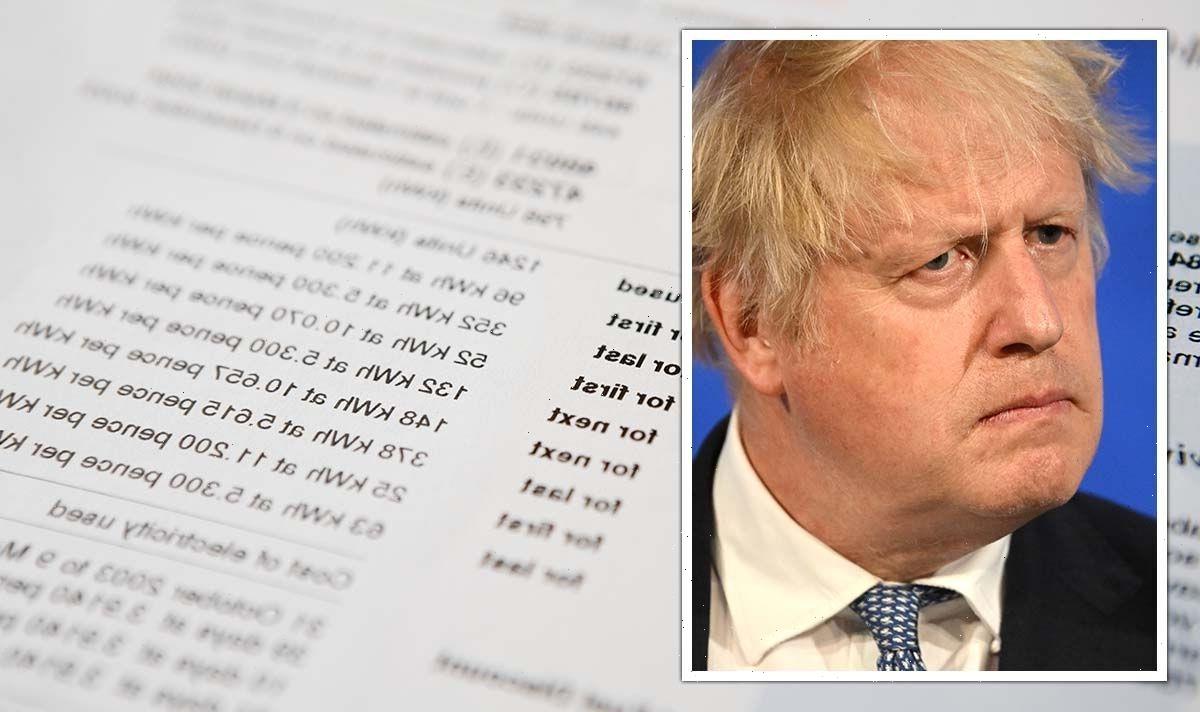Putin is a 'weak' strategic player in warfare says expert
We use your sign-up to provide content in ways you’ve consented to and to improve our understanding of you. This may include adverts from us and 3rd parties based on our understanding. You can unsubscribe at any time. More info
With the war in Ukraine now well in excess of 100 days old, Putin’s calculations that it would have been over in days have clearly backfired. The latest reports by the Ukrainian Ministry of Defence have placed losses of Russian personnel in the tens of thousands, as well as over 1,000 tanks, 200 aircraft and a host of other obliterated military hardware. Three military experts have now examined why the Russian military is not the force both Putin and the world may have previously perceived it to be.
Robert Dalsjo, Michael Jonsson and Johan Norberg suggest Putin was pinning his hopes on Ukrainian forces fleeing at the first sight of danger.
In their report, the trio suggest the Russian miscalculation was a significant military intelligence failure, on a scale to the US assessment of Iraq in 2003.
Furthermore, the experts said the assault on Kyiv appeared to be a key stage in the demise of Russia’s reputation.
They wrote: “When this dash for the capital failed, there was seemingly no readily executable backup plan, despite Kyiv apparently being seen as the centre of gravity.
“Instead, the invasion proceeded concentrically on several disparate axes, without a clear focus of effort.”


Adding to the embarrassment was the notion foreign intelligence agencies were one step ahead when it came to the tried and tested Russian propaganda machine.
The experts added: “As for attempts to place the blame for the war on the victim, or at least to sow doubt in the minds of bystanders, a traditional Russian method, these may have been prepared, but they were stymied by the release of US and UK intelligence revealing the existence of such plans.”
The trio also pointed out a significant lack of leadership and direction on the ground.
They said: “While Moscow brought in forces from all five of Russia’s military districts, no central military commander – or even a primary one for ground forces – was apparently appointed.
“Instead, it seems that each district commander led his own troops in the operation, complicating coordination, especially on the northern axis, where troops from at least two districts were operating in the same area.”


The lack of leadership was also supported by a clear lack of effective plans to create a supply route for logistics, as demonstrated in the early stages of the conflict when Russian tanks and APC’s were seen stranded on Ukrainian roadsides with no fuel.
Furthermore, regular reports of Russian troops going hungry and begging locals for food and water came as another uncomfortable blow for Putin.
On a military scale, the trio suggest that Russia failed to take advantage of its vast air superiority, in particular as NATO members refused to impose a no-fly zone over Ukraine.
They stated: “The Russian Aerospace Forces (VKS) and missile units were widely expected to swiftly take out the Ukrainian air force and air defences, and then rule the skies and support the ground offensive.
“Instead, the Russian air operation has been hesitant and largely ineffective, allowing the Ukrainian air force to continue operating, while Ukraine’s ground-based air defences have taken a steady toll of Russian aircraft.”
DON’T MISS:
Biden humiliated as reliance on RUSSIA for ammo exposed [REVEAL]
MoD buys new tech to avoid data ‘apocalypse’ [INSIGHT]
‘Profound concerns’ as Putin backs Iran in nuclear talks [REPORT]

Finally, the experts pointed out that a clear lack of communication between Russian assets added the final nail to the coffin of Putin’s so-called “special operation”.
The analysts argued: “Russians failed to coordinate ground and air operations in a mutually supporting manner. Instead, the timid air offensive has seemed haphazard and often unrelated to ground operations, resorting to less risky, but also less precise, night-time punishment strikes on infrastructure targets.
“In part, this may reflect the VKS’s limited ability to conduct effective suppression of enemy air defences and close air support, which inherently reduced its usefulness in bolstering the ground offensive.”
Source: Read Full Article

